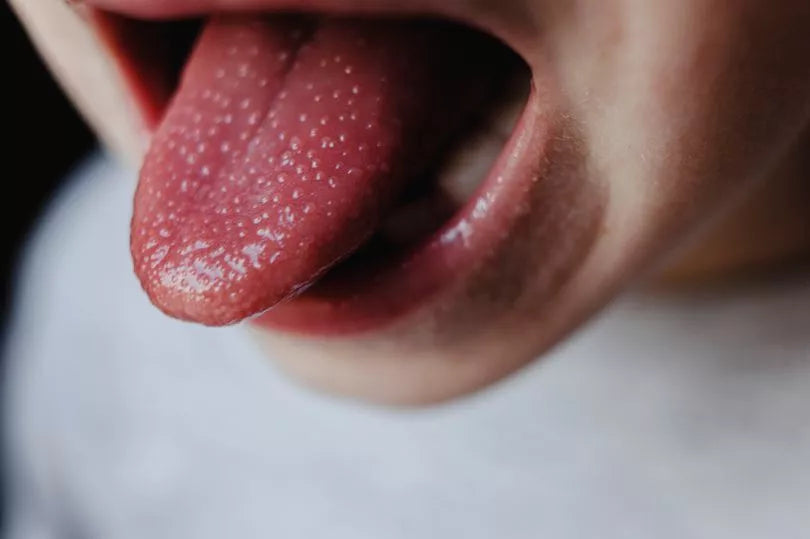
5 Essential Facts About the Anus Eating Virus in 2024
In recent years, the term “anus eating virus” has sparked concerns and confusion online. This article dives deep into what it really is, how it affects the body, and what you need to know to stay protected. Let's explore the facts in detail and debunk some myths.
1. What is the Anus Eating Virus?
The “anus eating virus” is a colloquial term used to describe a particular viral infection that affects the gastrointestinal and anal regions. While this virus is rare, it can cause significant discomfort and sometimes dangerous health problems if left untreated. It's important to note that this virus is not literally eating flesh but rather causing ulcerations and severe inflammation in sensitive tissues.
2. How is the Virus Transmitted?
Transmission is primarily through direct contact with infected bodily fluids or contaminated surfaces. It shares transmission routes with other viral infections like sexually transmitted infections (STIs) and viruses that affect the gut. Practicing safe hygiene, including the use of protection during intimate contact, and maintaining good sanitation, are key ways to avoid contracting it.
3. Symptoms to Watch Out For
Symptoms of the anus eating virus can vary, but common signs include:
- Itching and discomfort in the anal region
- Inflammation and ulcerations
- Fever and fatigue
- Discharge or abnormal skin lesions
- Diarrhea or gastrointestinal upset
If you experience these symptoms, seek medical attention promptly. Early diagnosis helps in managing the condition effectively.
4. Prevention Tips
Preventing the virus revolves around hygiene and safe practices. Here's what you can do:
- Practice safe sex by using condoms and dental dams
- Wash hands regularly after using the restroom
- Avoid sharing towels or personal hygiene items
- Stay aware of outbreaks and avoid close contact with infected individuals
Shop Condoms by clicking on Condoms.
Vaccination is also under research for certain viral types that may contribute to this condition.
5. Available Treatments
The treatment for the anus eating virus typically involves antiviral medications, anti-inflammatory creams, and sometimes antibiotics to treat secondary infections. Most patients recover fully with appropriate medical care, though severe cases may require longer treatment periods. Always follow your doctor's guidance and avoid self-medicating.

Important Takeaways
Understanding and addressing the anus eating virus starts with awareness. If you or someone you know shows signs of infection, don’t delay in seeking professional help. Early detection and responsible hygiene practices are crucial to preventing the spread.
External Links:
- For more detailed information on virus prevention and hygiene, visit the World Health Organization.
- Learn about the importance of sexual health from the Centers for Disease Control and Prevention.
